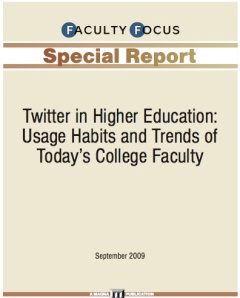 Imagine walking into a mid-size, clean, welcoming seminar room for a morning presentation. It does not seem imposing, but you discover once you begin to set up that this room is equipped with tools that you haven’t ever encountered. Quite impressed I was with just the concave wall upon which my presentation was projected, reminding me that sometimes things can become larger than life, and that it is not all that bad. I was mesmerized as Ron Owston, Director of the Institute for Research on Learning Technolgies at York University, increased the size of my opening slide to Goliath proportions. Here I am pictured with Ron, and Roberta Sinyor of the Department of Languages, Literatures & Linguistics, literally before my talk.
Imagine walking into a mid-size, clean, welcoming seminar room for a morning presentation. It does not seem imposing, but you discover once you begin to set up that this room is equipped with tools that you haven’t ever encountered. Quite impressed I was with just the concave wall upon which my presentation was projected, reminding me that sometimes things can become larger than life, and that it is not all that bad. I was mesmerized as Ron Owston, Director of the Institute for Research on Learning Technolgies at York University, increased the size of my opening slide to Goliath proportions. Here I am pictured with Ron, and Roberta Sinyor of the Department of Languages, Literatures & Linguistics, literally before my talk.
I actually gave two talks but the first, the powerpoint of which I share here, was the one of which I am particularly proud. It gave me an opportunity to revisit much about Twitter, including the *new* Twitter, new research and where I am with Twitter as an academic and avid twitterer. Discussing Twitter in higher education is always a rewarding experience because there are always some good discussions which ensue, especially those comments that begin with “I want to play devil’s advocate” 😉
Clearly, the research on Twitter in higher ed I share in this presentation is not comprehensive. I am grateful to dana boyd for sharing research on Twitter and Microblogging on her site. Here you can find more articles, conference talks, etc.



